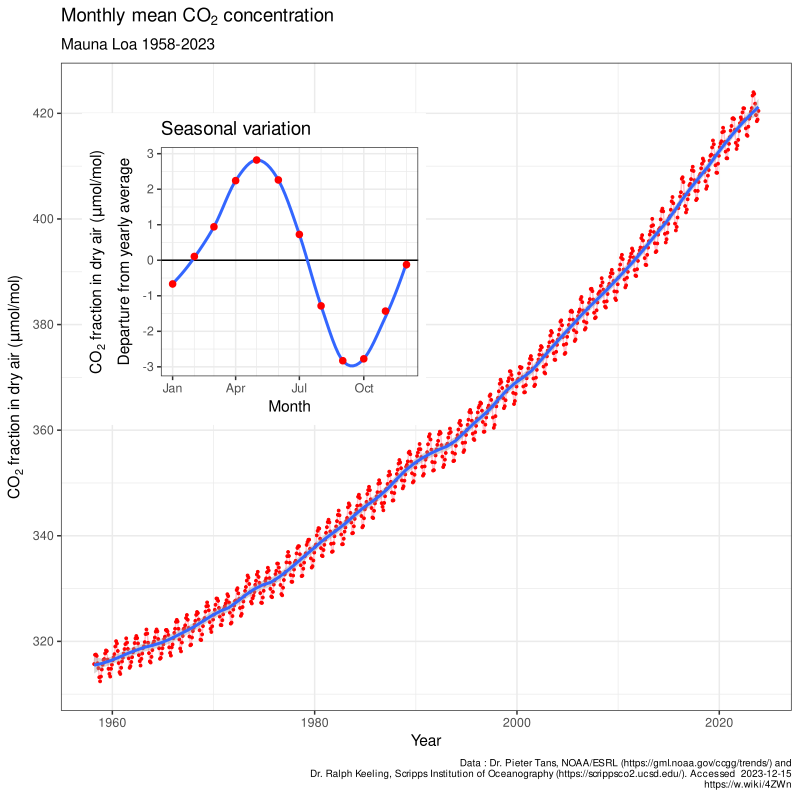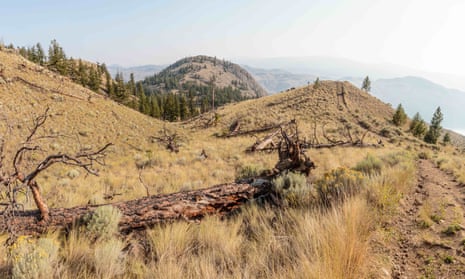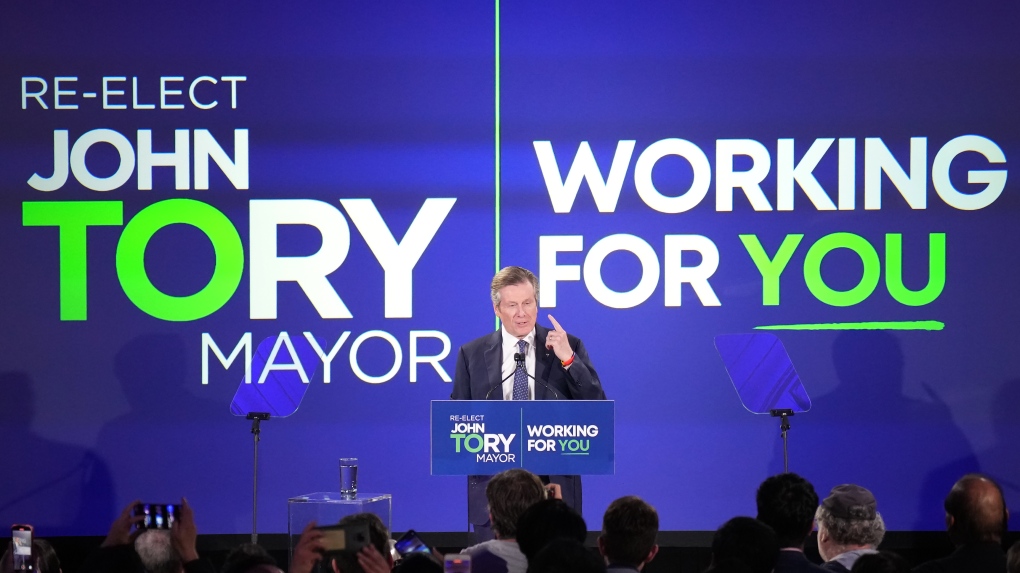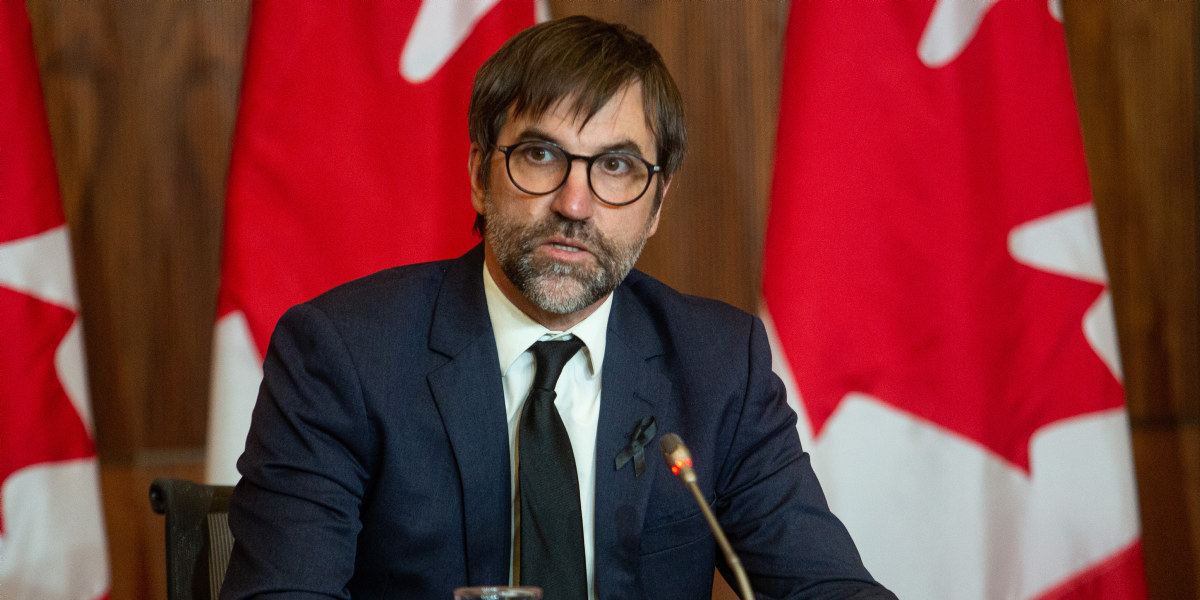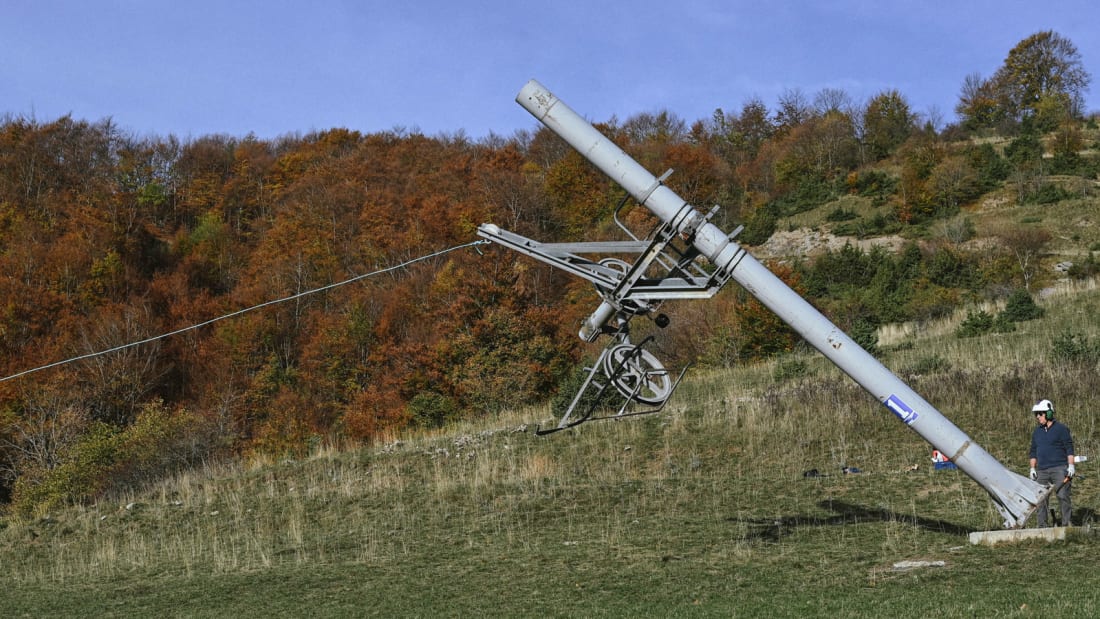What's not to understand about this?
Canada's Tourism Minister last week came to Vancouver, a rainforest area, to make a tourism announcement, while we are breaking heat records, experiening severe drought, forest fires are burning nearby, and polluting the air we need to breathe.
David Suzuki swore about Canada's lack of global warming action and the media chose to focus on his swear words.
Canada has never ever, not even once, come close to meeting its global warming targets.
Yet most Canadian's energy is caught up in defending some war, which is making our planet's code red even worse.
Why are we so hell bent on committing such a mass suicide of all forms of life on our planet?

